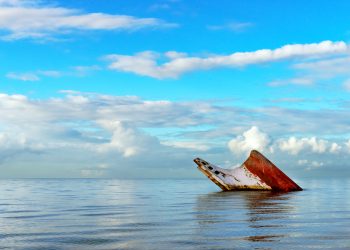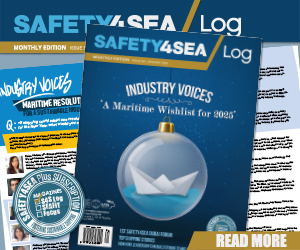23 December 2024 marks an important date for the maritime industry as a significant new set of amendments to the MLC, 2006 officially enters into force, aimed at further improving working and living conditions at sea and addressing some of the key challenges faced by seafarers during the COVID-19 pandemic.
These amendments, which were adopted in 2022, will ensure that:
Recruitment and placement
- Seafarers are informed, prior to or in the process of engagement, of their rights under the system of financial protection to be established by private recruitment and placement agencies to compensate seafarers for monetary losses.
Repatriation
- Member States facilitate the prompt repatriation of abandoned seafarers and cooperate to ensure that seafarers engaged to replace seafarers who have been abandoned in their territory, or on a ship flying their flag, shall be accorded their rights and entitlements under the MLC, 2006.
Accommodation and recreational facilities/Access to shore-based welfare facilities
- Seafarers are provided with appropriate social connectivity on board;
- Shipowners, so far as is reasonably practicable, provide seafarers on board their ships with internet access with charges, if any, being reasonable in amount. Port States do the same for seafarers on board ships in their ports and at their associated anchorages.
Food and catering
- Good quality drinking water is available free of charge for seafarers;
- Meals provided are balanced;
- Supplies of food and drinking water are inspected in relation to their quantity, quality, nutritional value, quality and variety.
Medical care on board ship and ashore
- Seafarers are promptly disembarked when they are in need of immediate medical care and are given access to medical facilities ashore in cases of, among others, any serious injury or disease, any injury involving broken bones, severe bleeding, broken or inflamed teeth or severe burns; severe pain which cannot be managed on board ship and suicide risk.
- Member States facilitate the repatriation by the shipowner of the body or ashes of seafarers who have died on board.
Health and safety protection and accident prevention
- Seafarers have appropriately-sized personal protective equipment, in particular to suit the increasing number of women seafarers;
- All deaths of seafarers are recorded and reported annually to the ILO and the relevant data is published.
Financial security
- The documentary evidence of financial security includes the name of the registered owner if different from the shipowner.






























































